The Enterprise Thought Leadership Blueprint | Peter Winick and Bill Sherman
Peter Winick
FEBRUARY 26, 2024
They underscore the critical importance of aligning thought leadership initiatives with tangible business outcomes, highlighting the need to demonstrate how intellectual property can directly contribute to revenue growth, customer satisfaction, and overall organizational success. You have a clear definition. This is great.

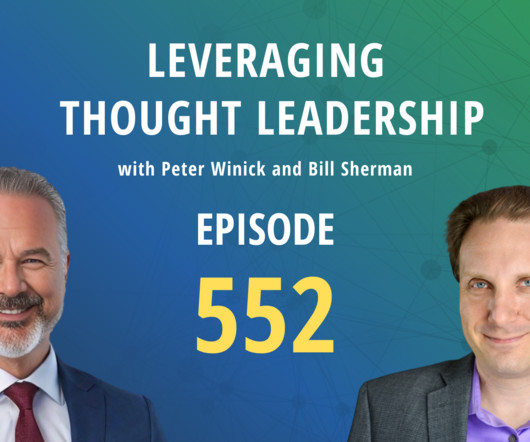
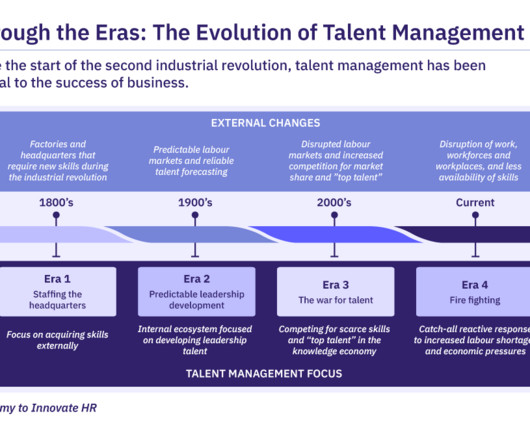

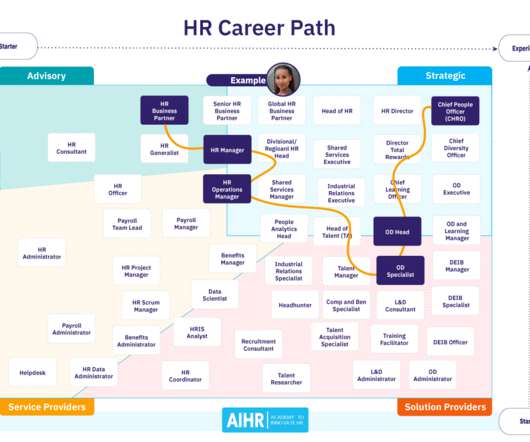





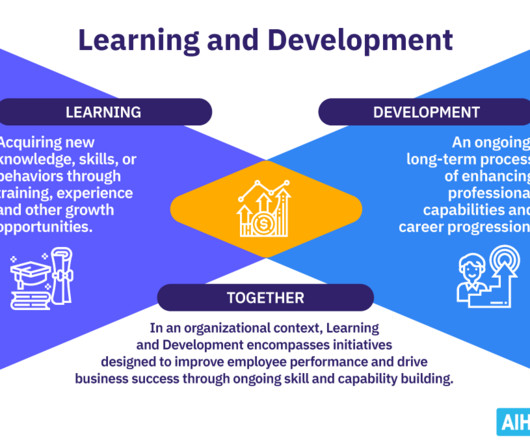
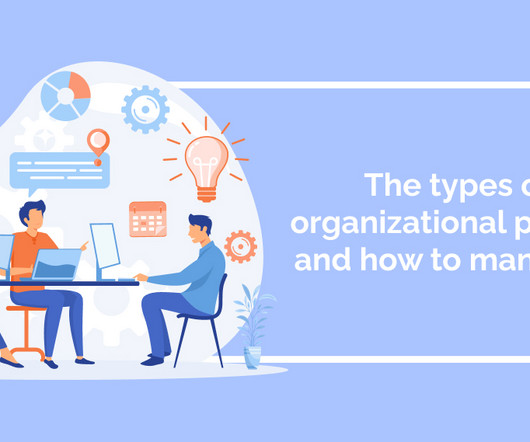






Let's personalize your content